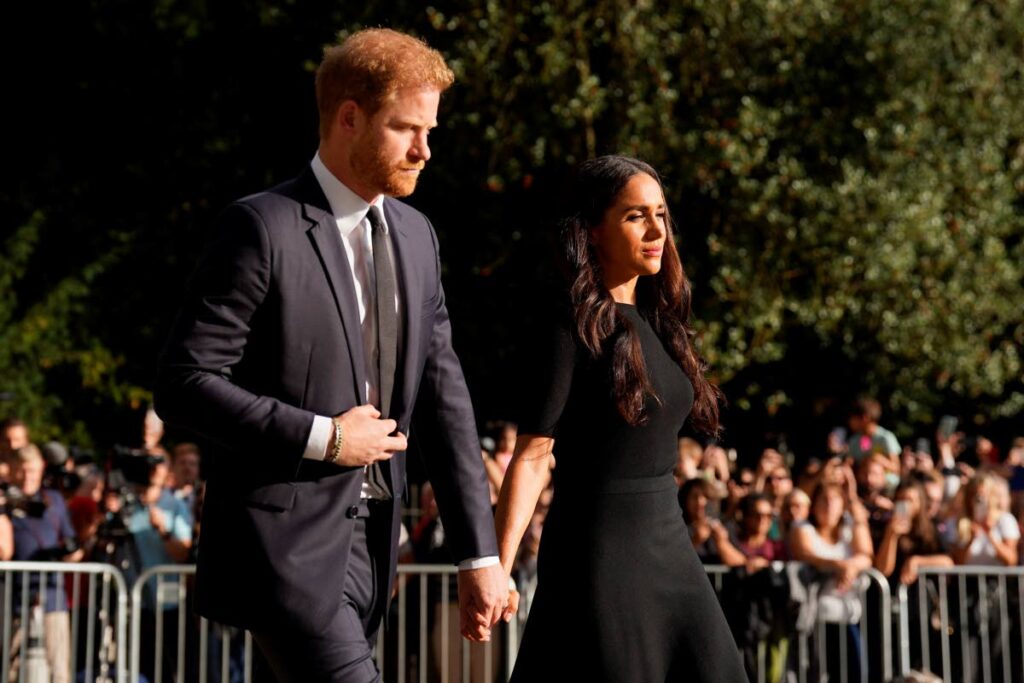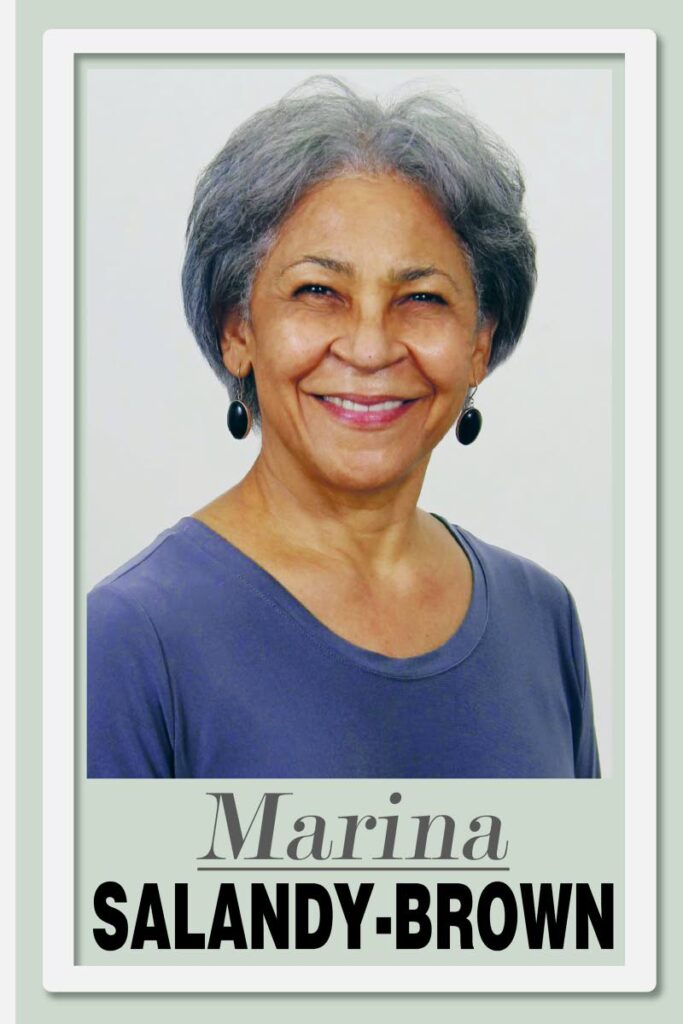Two elephants in the room

Prince Harry, the Duke of Sussex and seventh in line to the throne, has done something few right-minded people have had the courage to do.
In a new Netflix series about life with his mixed-race, American, former-actress wife, he has talked about his own ignorance with regard to unconscious racial bias, something of which most of us are guilty without recognising it, regardless of our own ethnicity.
Race is a very difficult subject to express one’s views and feelings about honestly, even to oneself, or as a victim of racism, and often, too, among those who perpetrate violent acts motivated by racial hatred.
One reason may be that there is little sympathy for those who do, whether victim or hater. Everyone who talks about the subject pays the price, because racism is difficult to prove, except when it absolutely cannot be anything else, and even then it is a slippery thing to pin down and rarely accepted. Proven victims seldom win fans, and those who call it out are treasonous.
Just witness the social media vilification of the British charity worker Ngozi Fulani, of African descent, who dared to complain that despite claiming her Britishness she was challenged by Lady Hussey, Prince William’s godmother and the departed QEII’s long-time lady-in-waiting, as being not really British.
It may seem innocuous that someone who, indeed, looks African might be upset about being put on the spot about her ethnic origins, but the particular challenge implied a negation of who that person thinks she is. By insisting, Lady Hussey deprived Ms Fulani of the right to consider herself British, despite being born there and swearing allegiance to Britain, and working for society, protecting women of colour from domestic abuse.
That rejection is not easy to accept, since one’s sense of self is deeply rooted in one’s place of birth and the values of the society where one has been schooled and shaped and feels a sense of patriotism towards, and where one might have birthed one’s own children.

The incident could be read as racist – but you could argue differently. Certainly, it is evidence of how removed certain sectors of society are from the modern world most other people inhabit.
Lady Hussey’s husband, Marmaduke Hussey, was the most patrician of BBC chairmen, who served during my time with the world’s leading broadcaster. In 1986, when he arrived in the post, before going on to oversee the most painful and historic of internal change processes, he decided to meet the staff.
We all knew that he was a Conservative Party plant, a grandee sent to reshape what the Tories believed was the leftist BBC to its way of thinking and being. He was called “Duke.” Actually, he was a baron and had close ties to the Palace. Chairmen do not come ranking any higher than that.
I was still on the lower rungs of the BBC management ladder, but a rare thing – a producer from the Caribbean with a growing professional track record. Not surprising, then, that I was one of the small handful of producers invited to lunch with the new chairman.
The sign of what was to come was revealed when lunch turned out to be a BBC canteen banquette table specially covered in flimsy white paper sheeting, food that I would not normally consume (and certainly not him either), accompanied by glasses of room-temperature water. It was a misreading of who we were. We felt insulted.
Obviously, for him it was a lunch for factory workers, albeit a renowned creative factory.
Sometimes, class bias is difficult to differentiate from racial bias. Had I been to that ugly lunch alone, I might have judged Duke’s treatment a form of putdown with racial undertones; but he was a class snob, something British people expect, since society is based on social hierarchy funnelling down from the royal family, through the titled, landed and gentrified, all the way down to the very bottom of the tree, where we find race, like the history of empire, bloody conquest, slavery and indenture.
In the BBC interview I did with CLR James, just months before he died, he lamented getting it wrong: As a communist, he’d thought class was the issue, when all along it had been race.
But if one were to consider the near-impossibility of Prince Harry even meeting the British equivalent of his American wife and pursuing marriage, it would make us question the correctness of CLR’s reflection, in the British context at least. Even for Harry, his class bias would have ruled her out.
People are generally poor listeners, and on the matter of difference we are usually deaf.
Defining certain relevant words might help: “racism” in law is using race to hinder others, “bias” is unconscious reactions; “racialist” means belief in racial superiority; “racial” means related to race or ethnicity; “racist” means prejudiced.
However, the most important fact is that there is no such thing as “race,” according to genetic scientists. There is no physical or biological meaning to the word. It is nothing more than how we choose to order society, just like class.

Comments
"Two elephants in the room"